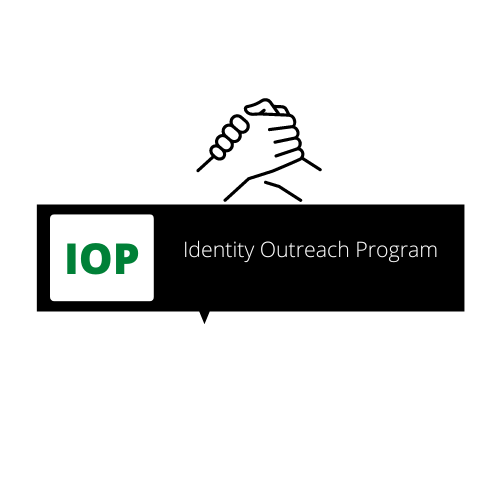Helping Families Access Vital Local Services
- JASMINE TUCKER
- May 21, 2025
- 4 min read
Access to local services is vital for families looking to improve their quality of life. From healthcare and education to social services and recreational programs, these resources can make a significant difference. In this blog post, we will explore how families can access essential local services, the challenges they might face, and the ongoing efforts to bridge these gaps.

Understanding Local Services
Local services refer to the wide array of resources available within a community that cater to the needs of families. These services can include healthcare facilities, educational institutions, nutritional programs, housing assistance, and recreational opportunities. Unfortunately, many families may not be aware of the services available or how to access them.
Statistics reveal that a significant percentage of families do not utilize available community resources due to lack of information or accessibility. According to recent studies, about 40% of families reported feeling overwhelmed by the process of seeking help. Understanding the local landscape of services is the first step towards utilizing them effectively.

Finding Local Services
Finding local services can be achieved through several avenues. One effective approach is to leverage online platforms and community websites that list available resources. Additionally, local libraries, schools, and community centers can serve as information hubs where families can learn about services tailored to their needs.
Engaging with local nonprofits and government agencies can also lead to valuable guidance and assistance. These organizations often have dedicated staff who are trained to help families navigate the sometimes complex world of local services. Many of them maintain updated databases of available resources, making it easier for families to find what they need.

Overcoming Barriers to Access
One of the biggest challenges families face when attempting to access local services is overcoming barriers such as transportation, language, and financial constraints. For instance, families without reliable transportation may struggle to reach healthcare facilities or educational programs. Similarly, families who do not speak the local language may find it difficult to communicate their needs effectively.
To combat these issues, many local organizations are working to provide solutions. For example, community transport schemes can help families get to essential appointments, while translation services can ensure that non-native speakers receive the support they need. Furthermore, organizations can work to reduce financial barriers by offering programs that are either free or on a sliding scale based on income.
Building a Supportive Network
Creating a supportive network within the community can help families access local services more effectively. Families should not feel alone in their quest for support. Engaging with neighborhood groups, parent associations, or local clubs can help connect families with others facing similar challenges.
When families support each other, they can share tips, experiences, and information about local services. This encourages community bonding and enhances the effectiveness of outreach efforts way beyond individual initiatives. In turn, this collaborative approach can lead to collective advocacy for better access to services and resources.
Riding the Wave of Change
As communities become more aware of the needs of families, many are beginning to implement innovative changes that enhance access to local services. Strategies such as mobile service units, community fairs, and virtual consultation options are becoming increasingly popular.
These initiatives not only make services more accessible but also engage families in their own community. For instance, mobile clinics can deliver healthcare directly to neighborhoods, reducing barriers related to transportation, while virtual consultations offer convenience, especially for working parents.
It is imperative for local governments and organizations to continually adapt to the needs of families, ensuring that support is accessible, equitable, and comprehensive. Families also need to stay informed and engaged, advocating for the resources and support they require.

Taking Action for Family Success
Families looking to enhance their connection with local services can take concrete actions to make the most of what their community has to offer. Here are some actionable recommendations:
Research Local Resources: Spend time online researching what services are available in your community. Bookmark any helpful websites and resources.
Engage with Community Events: Attend local workshops, fairs, and information sessions to connect with resource providers and meet other families.
Utilize Social Media: Join community groups on social media platforms where members share valuable information about local services.
Advocate for Your Needs: If you encounter obstacles in accessing services, don’t hesitate to reach out to local representatives. Make your voice heard to foster positive changes.
Be Proactive and Persistent: It may take multiple attempts to access the right services. Stay persistent and keep trying different avenues.
By staying informed and proactive, families can navigate local services more effectively, tapping into the support systems that are available to them. Accessing proper services will not only improve individual family situations but can foster a healthier and more supportive community as a whole.
As the landscape of local services evolves, it is essential for families to remain engaged and aware of the resources available to them. Community family resources play a crucial role in ensuring that families have the support they need to thrive.
Every effort to connect families with local services contributes to creating a stronger, healthier community for everyone. Families should feel empowered to reach out, ask questions, and seek the help they need, paving the way for a brighter future for themselves and their children.





Comments